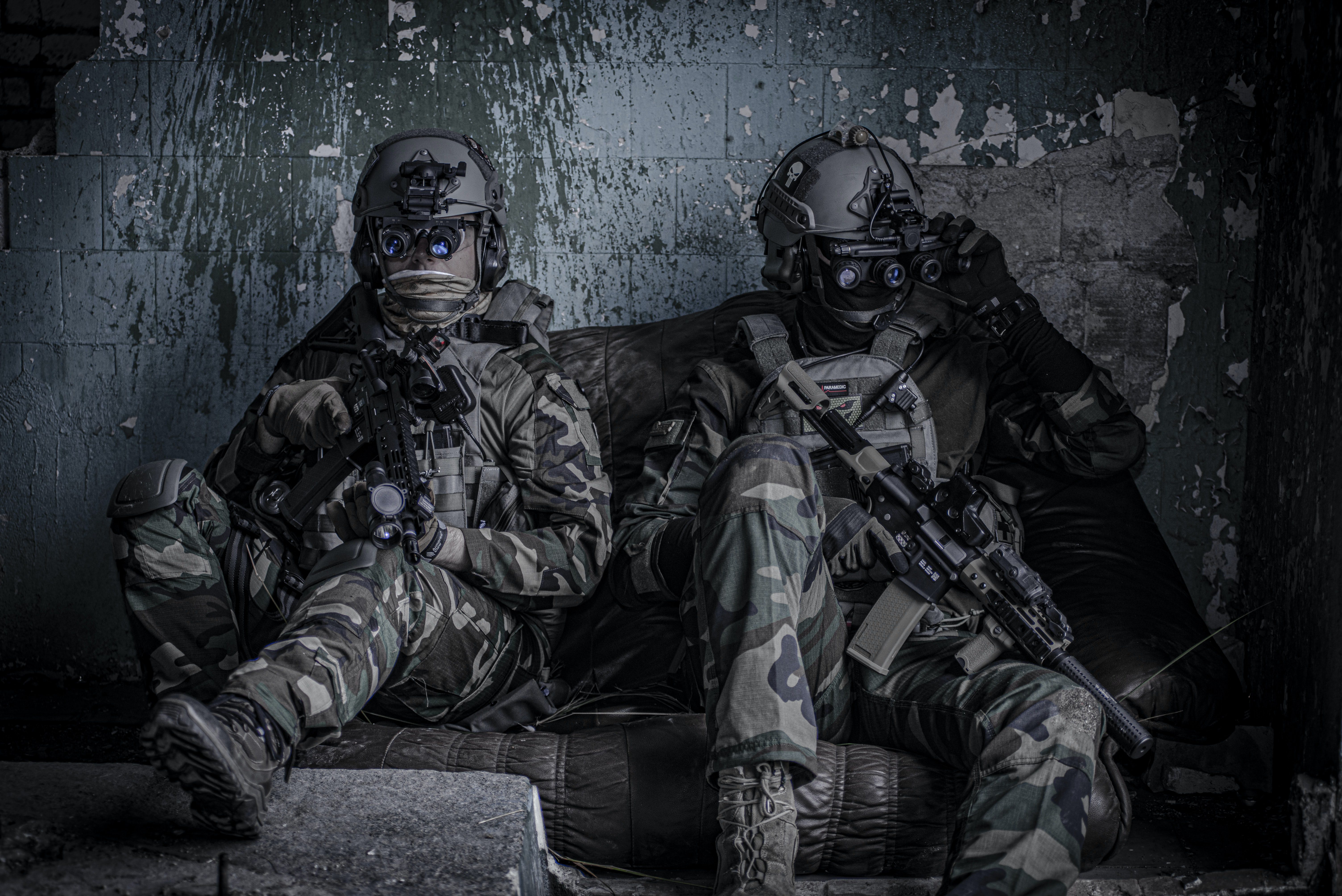We all woke up to a different world today with the shocking images of Monday’s bungled US evacuation from Kabul still overflowing our social media feeds and this nagging feeling that something big, really big happened that we still don’t fully understand.
Washington will now devour itself with recriminations and investigations that will be all-consuming. America’s critics in Europe and Asia will find new audiences to question the wisdom of relying on Washington for their protection. And, Washington’s rivals in Moscow, Tehran, and Beijing are no doubt overjoyed to criticise yet another humiliating US military defeat. But unlike Saigon in 1975, this retreat was broadcast in near-real-time and provided a bounty of powerful images that will be used to craft a potent anti-US narrative for years to come.
And the shockwaves will no doubt be felt elsewhere too… What happened on Monday is also a significant setback for countries in Africa, one that could not have come at a worse time as the continent grapples with surging Covid-19 infection rates, rising food insecurity brought on by a combination of drought and inflation plus growing political instability in some countries.
African countries, now more than ever, need the full engagement of the international community, especially the US, to bolster their recovery from health and economic crises. But if it was difficult to get African issues on the agenda in Washington before this crisis, it’s going to be near impossible now.
Three reasons why the US retreat from Afghanistan is bad for Africa
1. Attention Deficit
Since the end of the Cold War, Africa has been largely seen as among the lowest priorities in US foreign policy, that is until China became the central focus of attention in Washington.
Presidents Obama and Trump largely ignored the continent, something the Biden administration said it wanted to change. And there was a sense that this was starting to happen. Several of the President’s key appointees have strong African policy backgrounds, think tanks have been hosting more forums and there was a sense that finally, the US is going to really engage Africa… and not just to take on China.
But one really has to wonder if that’s going to last. Now, the focus is going to shift to reassuring Taiwan, keeping Vladimir Putin in check, and repairing both the Pentagon and State Department’s tattered reputations. It’s hard to envision that African issues, important as they are, will make it onto either President Biden’s daily rundown or Secretary Blinken’s priority list.
2. RIP B3W
The proposed Build Back Better World initiative (B3W), the Biden administration’s answer to China’s Belt and Road Initiative, requires a whole-of-government approach. Many in Washington have aspired to this comprehensive mustering of energies, but it has rarely, if ever, been achieved. Agencies that don’t normally work together were going to collaborate with one another, government and business were going to join forces and the US would work seamlessly with its G7 partners to build high-quality, sustainable infrastructure in the world’s poorest, least developed countries.
Keep in mind, there’s no precedent in the post-Cold War era for the US government to pull off anything on this scale. Still, a lot of people gave the Biden administration the benefit of the doubt. Now, one has to wonder whether the White House has the bandwidth to do this when the key people who would have led the effort will be consumed with other, arguably more immediate geopolitical issues. Add to that we’re a year away from the mid-term elections in the US which will further drain the administration’s capacity to mobilise large swathes of the US government to mount a meaningful challenge against the BRI.
3. More militarisation
US foreign policy in Africa is already heavily influenced by the Pentagon and with Afghanistan once again back in play as a base for international terrorist groups, it’s likely that the military’s policymaking role is only going to become more pronounced. Expect the US to step up anti-terrorism engagement in the Sahel region, Nigeria, Somalia, and even in the DRC where US Special Forces landed on Friday to assist the government in the fight against Islamic militants.
While US vaccine distributions, successful USAID programs, and countless other development initiatives will continue, it’s going to be more difficult to boost funding for these programmes given that the various appropriations committees in Congress will much more eager to satisfy the Pentagon’s budgetary requests instead.
Bottom line
One final point to consider here: all of this is taking place in the run-up to the triennial Forum on China-Africa Cooperation summit that will convene in Dakar sometime in September. China will likely try to leverage what happened in Afghanistan to portray itself as a more reliable partner. US diplomats on the continent would be well-advised to anticipate this and embark on an outreach campaign with their African hosts to blunt this effort. And even though African policymakers have said repeatedly they don’t want to choose sides in a great power rivalry, that may become a lot more difficult going forward.
Eric Olander is Managing Editor at The China Africa Project.
First appeared in The China Africa Project.
Photo by Specna Arms on Unsplash.

